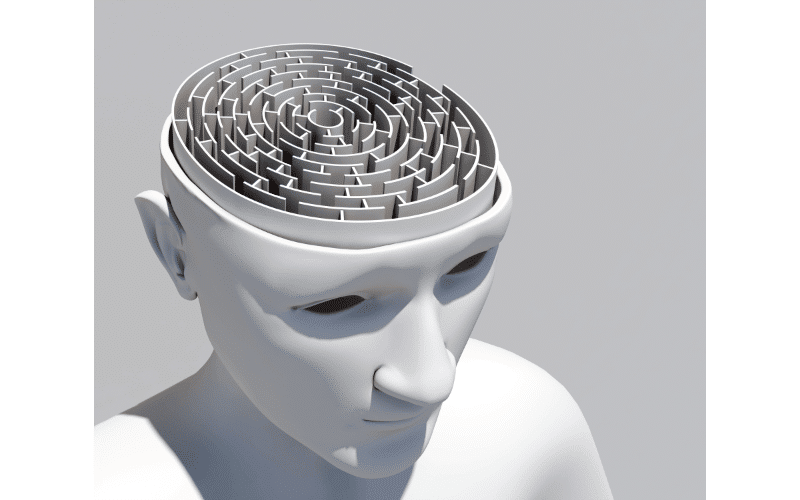Symptom 2: A Mental Maze: Neuropsychiatric Symptoms and Porphyria

Another key symptom of acute porphyria is the manifestation of neuropsychiatric symptoms. Patients may experience mental changes, including confusion, hallucinations, disorientation, and paranoia. These symptoms often accompany acute attacks, adding a layer of complexity to the diagnostic process as they can mimic those of other psychiatric disorders.
These neuropsychiatric symptoms arise from the disruption of the nervous system caused by an overproduction of porphyrins. The exact mechanism remains unclear, but experts believe that the excess porphyrins may interfere with the brain’s normal functioning, leading to these psychological changes. In some cases, patients may also experience seizures or motor weakness, further complicating the clinical picture.
Diagnosing porphyria based on neuropsychiatric symptoms alone can be challenging, as these symptoms are common to several other conditions. However, if these symptoms are accompanied by other signs of porphyria, such as abdominal pain or skin lesions, porphyria should be considered a potential diagnosis. Urine and blood tests can help confirm the presence of excess porphyrins, leading to a definitive diagnosis.(2)